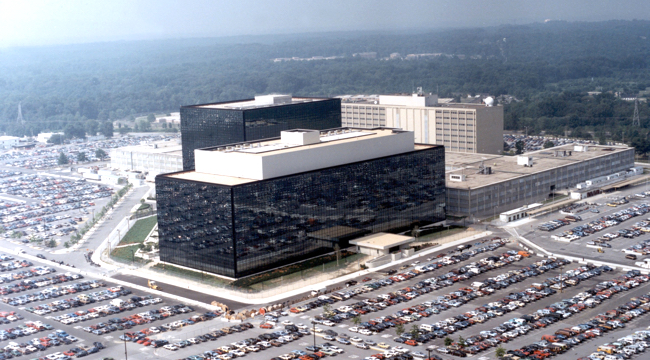
A host of documents provided by Edward Snowden revealed AT&T’s alleged, yet alarming, “willingness to cooperate” with the National Security Agency. The documents, obtained by the New York Times, reveal a decades-long partnership between the internet provider and the NSA. The documents pinpoint not only billions of emails released to the NSA but also a wide-ranging wiretapping of all activities at United Nations headquarters.
While the fully interactive document set does not specifically name AT&T or other companies that have worked with the NSA, the document repeatedly refers to the Fairview program. The Fairview documents contain jargon that can only be attributed to AT&T:
Fairview is one of its oldest programs. It began in 1985, the year after antitrust regulators broke up the Ma Bell telephone monopoly and its long-distance division became AT&T Communications. An analysis of the Fairview documents by The Times and ProPublica reveals a constellation of evidence that points to AT&T as that program’s partner. Several former intelligence officials confirmed that finding.
A Fairview fiber-optic cable, damaged in the 2011 earthquake in Japan, was repaired on the same date as a Japanese-American cable operated by AT&T. Fairview documents use technical jargon specific to AT&T. And in 2012, the Fairview program carried out the court order for surveillance on the Internet line, which AT&T provides, serving the United Nations headquarters. (N.S.A. spying on United Nations diplomats has previously been reported, but not the court order or AT&T’s involvement. In October 2013, the United States told the United Nations that it would not monitor its communications.)
Another program, Stormbrew (with jargon specific to MCI), pops up in the documents, although to a much lesser degree than Fairview. The entire entire document set, if accurate, presents a terrifying scenario dating back to post-9/11 warrantless wiretapping programs, which were put into place by the George W. Bush administration. Over “400 billion Internet metadata records” were collected, and the AT&T allegedly “forwarded more than one million emails a day” based upon a “keyword selection system.”
The United Nations appeared to be the most heavily monitored subject of this partnership, but private citizens’ communications were not immune. When contacted by the New York Times, AT&T’s spokesman, Brad Burns, would only say, “We do not voluntarily provide information to any investigating authorities other than if a person’s life is in danger and time is of the essence.” That’s pretty much the only response he could have issued, but the documents tell a much larger tale.
(via New York Times & Propublica)
